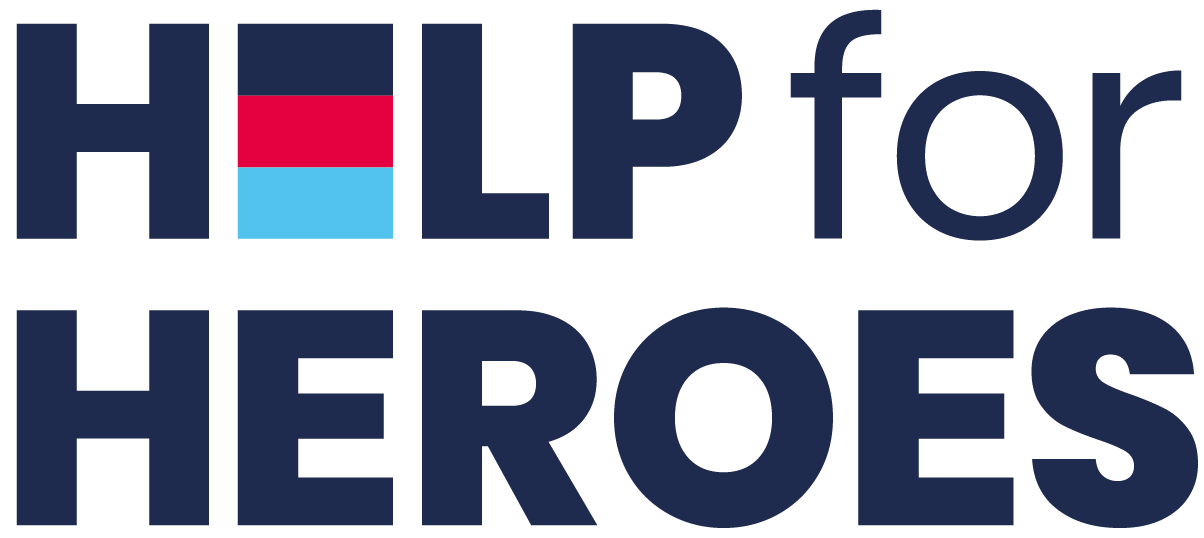Updated on
Hannah Lawton, our Sports Recovery Manager, is passionate about the role sport plays in the recovery journeys of many of our wounded veterans. Before she joined us in March 2019, Hannah had worked for the GB Rowing Teams Paralympic Programme and coached Team UK’s indoor rowing team for the Invictus Games.
“Providing opportunities for veterans that they wouldn’t get elsewhere, seeing them go from not being able to walk through a door, to thriving on an international stage - that’s pretty special,” she says. “Sport is about so much more than just the activity – through sport we offer a team environment that promotes a sense of belonging, empowerment and connection to the local community.”
Of course, one year into Hannah’s role overseeing our Sports Recovery Programmes the world is a completely different place, and so too is her role. Since the lockdown began and our recovery centres closed, Hannah and her team have been unable to run any of our normal activities for those we support – from athletics to archery, rugby training, swimming and rowing – all our events have had to be put on hold. So too has all training for the Invictus Games, with the 2020 event in the Hague currently postponed until 2021. One of the hardest things, she says, is seeing how some veterans have struggled – not just without the physical benefits that sport gives them, but with the loss of the social aspect too.
“A lot of them tell us they really miss face to face training, meeting new people and feeling part of a wider team. They’ve also struggled not having a focus and structure to their day and not having access to gyms and sports facilities – it’s been really tough for many.”
For Hannah and her team, the past few months have been about finding ways to keep veterans feeling connected and supported, despite the limitations of the lockdown. They’ve worked hard to deliver as much as they can virtually, with things like pre-recorded workout routines and educational webinars focused on different areas of sports training going down well. In fact, the events of the past few months have been an opportunity for the team to think differently about the delivery of some of our sports programmes and activities long-term.
“There has been a virtual element to sport and training for a long time, and it has been quite refreshing to widen our offer and create new ideas,” she says. “We are constantly looking at what works and what doesn’t and brainstorming new ideas, and this will carry on as we all learn to navigate the ‘new normal’. I can see real longevity in some of the things we have set up.”
For now, Hannah’s focus is on keeping the veterans engaged in our Sports Recovery programme active and providing activities they can do at home to give them goals and structure. “Our pre-recorded workout programmes are designed to keep general fitness and flexibility going, and we’ve also been organising weekly virtual bikes rides, where veterans meet up and cycle together virtually, using a platform called Zwift,” she says.
And until our recovery centres can reopen, and face to face delivery of our Sports Recovery programme can start once again, Hannah is grateful for the ongoing support of the public during what has been a difficult few months.
“Having the public behind us is huge and makes everyone feel they are a part of something great, that achieves great things,” she says.






